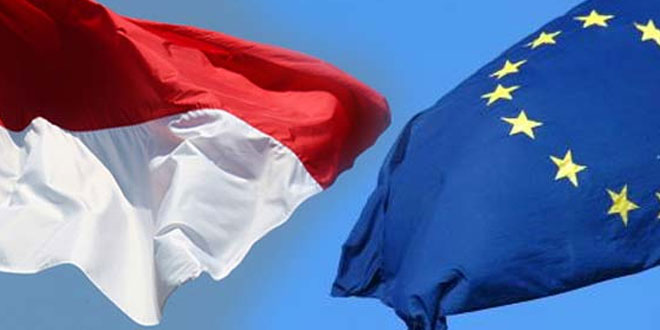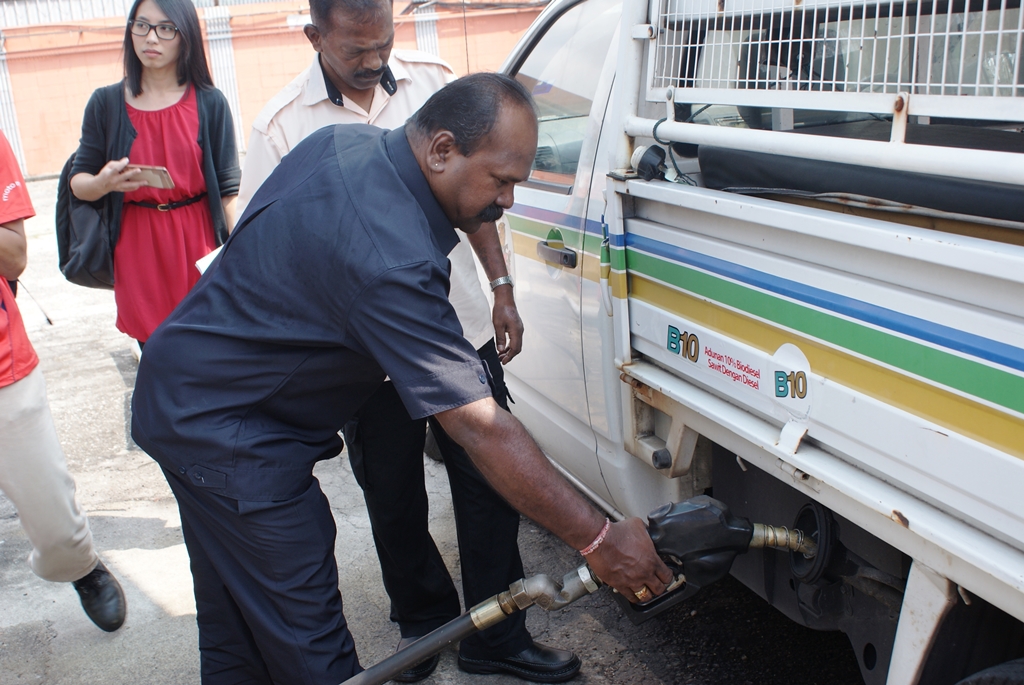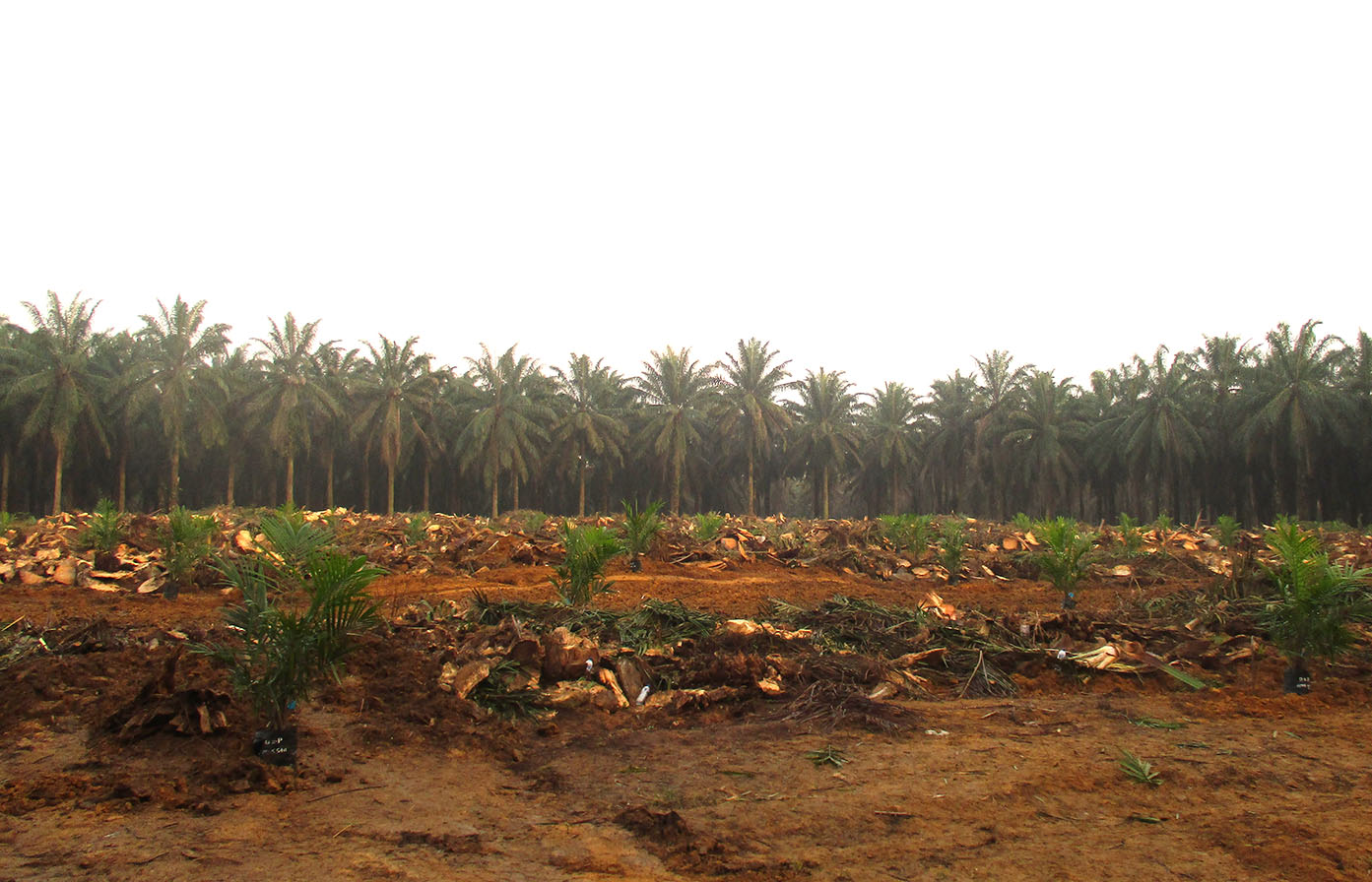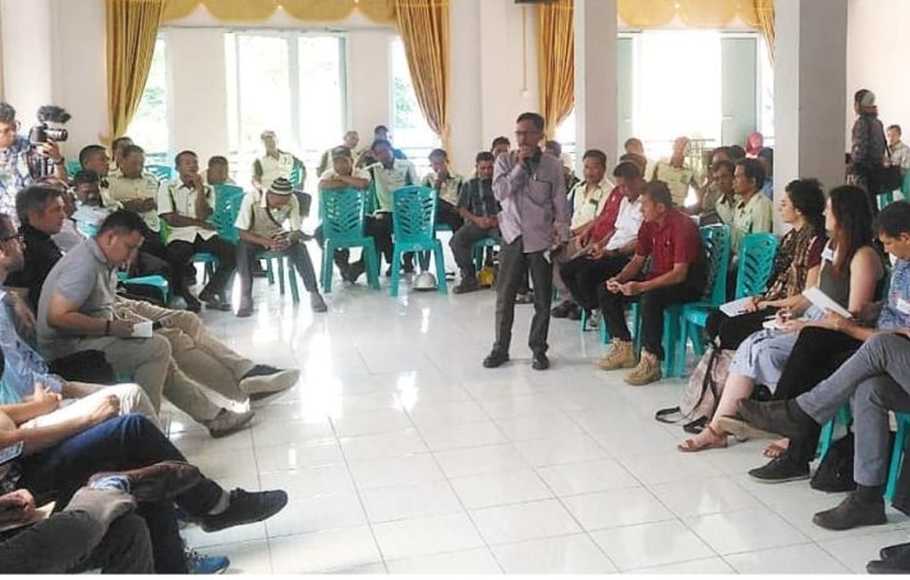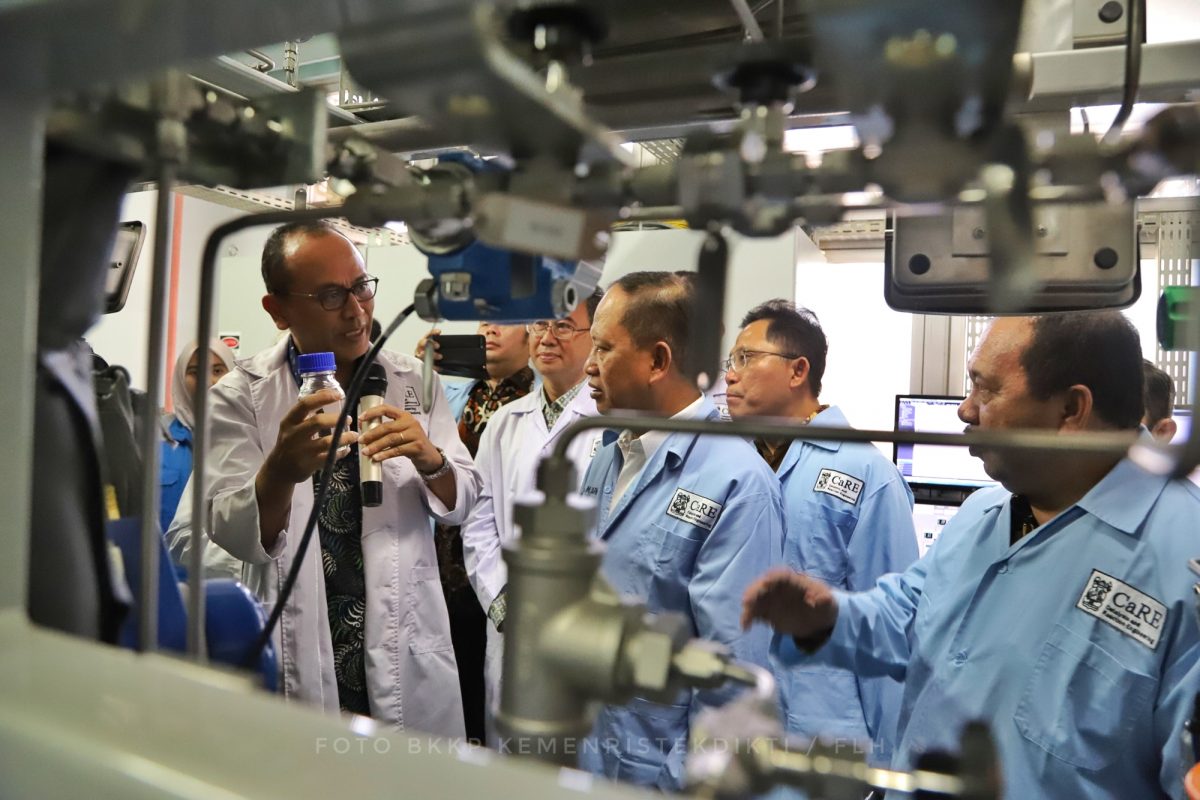3 Reasons Government Accelerates B30 Program
Indonesian Government has decided to accelerate implementation biodiesel 30% (B30) program from the initial target by January 2020 to the end of 2019.
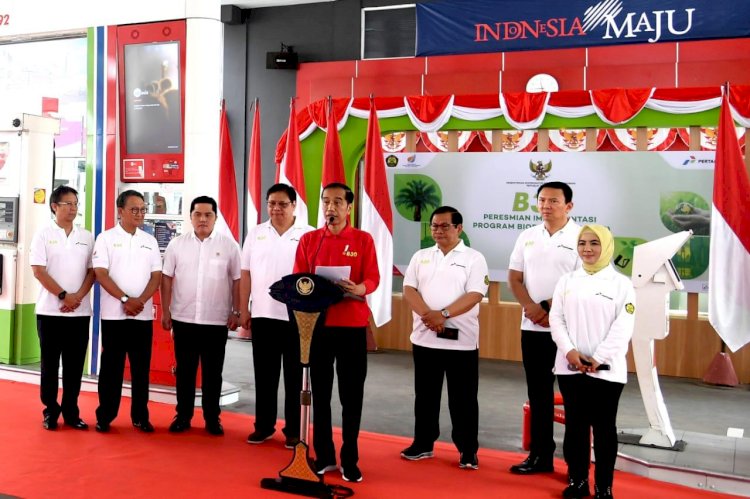
JAKARTA--Indonesian Government has decided to accelerate implementation biodiesel 30% (B30) program from the initial target by January 2020 to the end of 2019.
President Joko “Jokowi” Widodo has kicked off the implementation of use of B30 biodiesel at MT Haryono Pertamina gas station, Jakarta, Monday (23/12/2019). The kick off will make it mandatory for biodiesel to have a bio-content of at least 30 percent.
President Jokowi stated that there are three reasons to accelerate the implementation of B30. Firstly, to reduce fossil diesel fuel consumption. “We are trying to find new renewable energy sources and we musn’t place too much reliant on fossil fuels.”
He said, the development of new renewable energy has reaffirmed Indonesia’s commitment to save the planet, maintain clean energy by reducing carbon gas emissions and to improve the environment quality.
Secondly, to cut Indonesia’s dependence on imported oils by utilizing palm oil-based biofuel. “As we all know, we are remains heavily dependent on imports of fossil fuels, including diesel fuel. On the other hand we are the largest palm oil producing country in the world. We have sources of biofuel as a substitute for diesel fuel."
“If we consistently implement the policy, B30 would allow Indonesia to cut its fossil fuel imports by Rp63 trillion rupiah a year,” Jokowi added.
Thirdly, the B30 implementation will also create tremendous domestic demand for CPO. "This has a multiplier effect of 16.5 million for our oil palm growers. It means, the B30 Program will have impact on smallholder farmers who have been producing palm oil, as well as workers who work in palm oil mills.” ***


